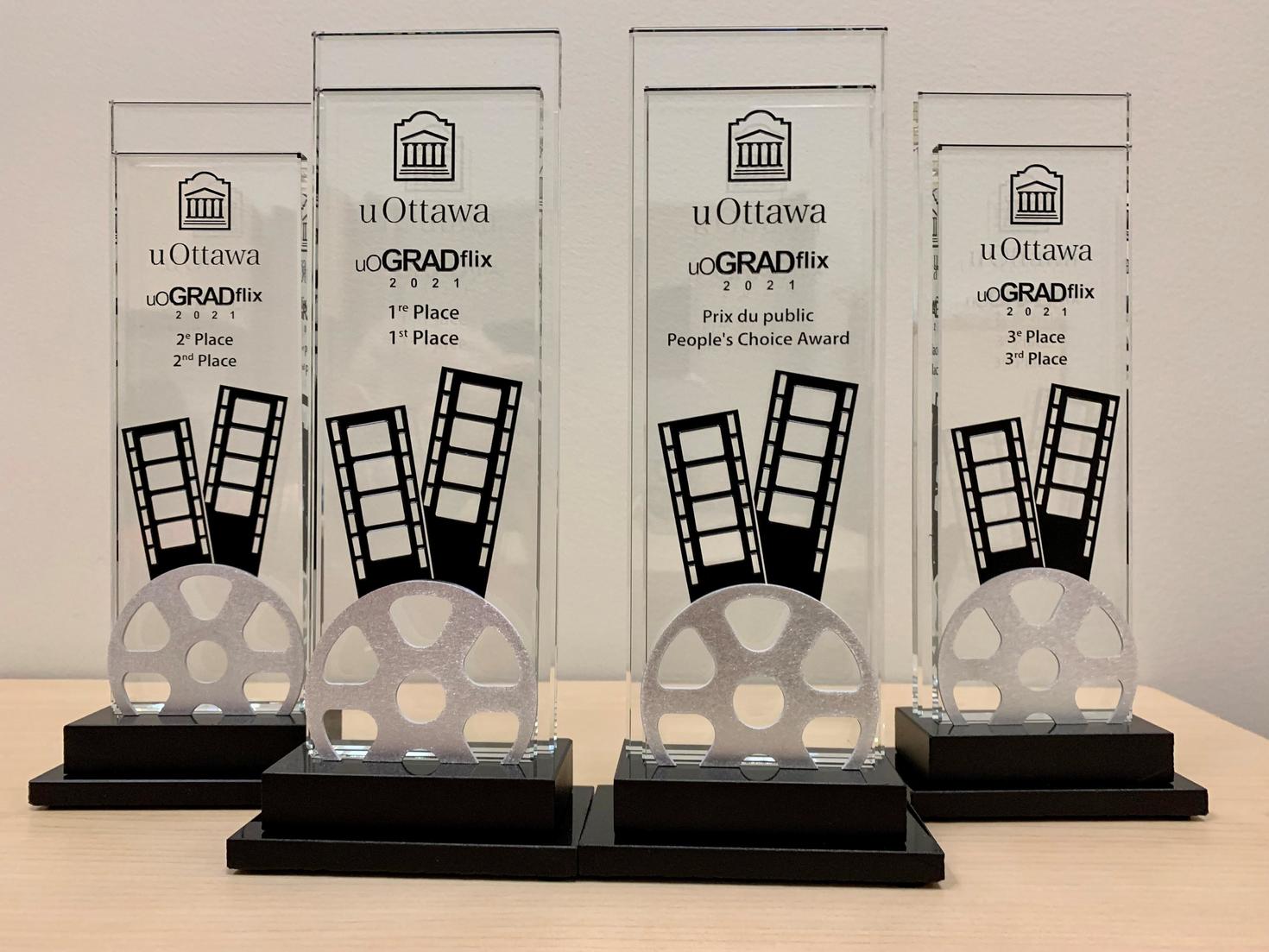
Graduate and postdoctoral studies
Discover our graduate programs
Enrol in a graduate program at the University of Ottawa. Ranked as one of Canada’s top 10 research universities, the University of Ottawa gives you the opportunity to share ideas with internationally renowned researchers and to join a network of dedicated professionals. Earn a reputation for excellence by undertaking graduate studies that suit your active lifestyle.

Graduate diplomas (GD)

Short duration master's

Master's programs

PhD programs
The graduate student experience
Upcoming events

uOGRADflix: Live Showcase
uOGRADflix is a video competition where uOttawa and Saint Paul University graduate students present their research through an original 60-second video.
Visit the Live Showcase's page for details.
Date: January 14, 2024 at 1:00 p.m.
Location: Desmarais 4101 - Camille Villeneuve Room and Online
Get in touch
Contact your academic unit
If you have questions about admissions, enrolment, thesis supervision, graduation or anything else, contact the faculty, school or institute offering the program.







